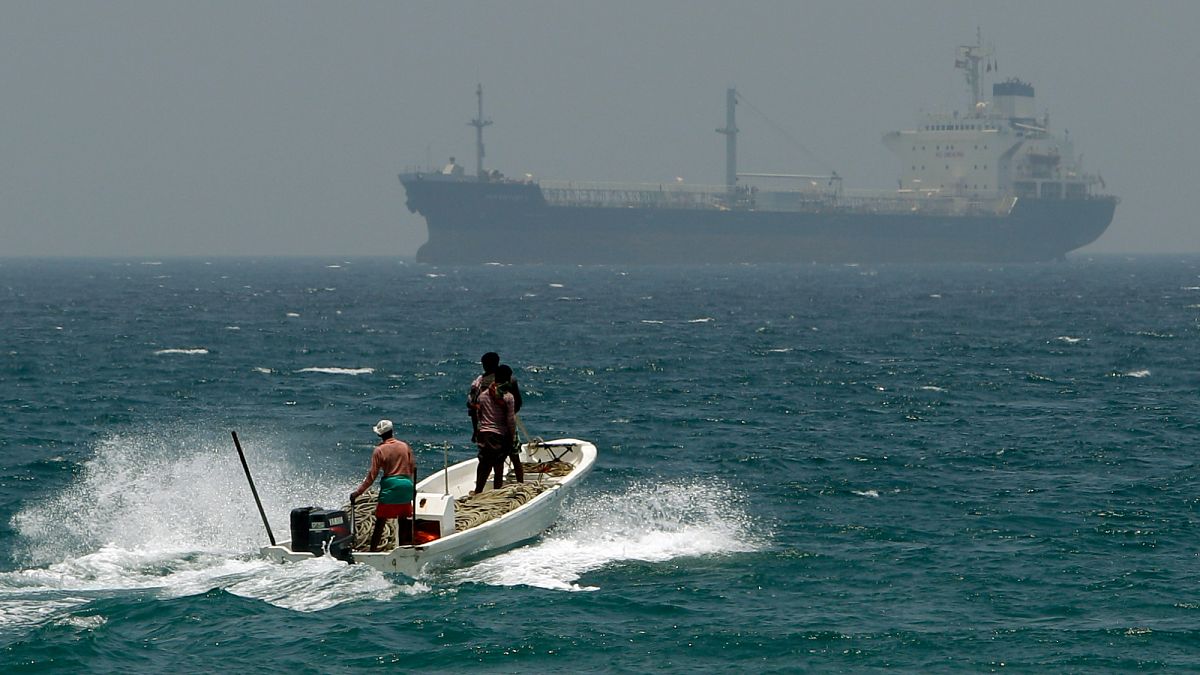

In a world where geopolitical tensions often make the headlines, recent diplomatic calls aim to soothe and stabilize some of the notable flashpoints. China’s latest appeal shines a spotlight on the Strait of Hormuz, urging global cooperation to maintain peace in this crucial oil passageway, while NATO continues to deliberate Ukraine’s potential path towards alliance membership.
During a press briefing in Beijing, a spokesperson for China’s foreign affairs emphasized the need for collaborative international efforts to reduce tensions surrounding the Strait of Hormuz. This vital waterway is central to global oil transportation and its security is a shared concern for nations dependent on its passage. The call from China comes at a critical time, as the United States has encouraged China to leverage its influence with Iran to ensure stability in the region. The strait has historically been a point of contention, with various geopolitical actors holding significant stakes in its ongoing security and free passage.
China’s appeal aligns with its broader diplomatic strategy, emphasizing multilateralism and collective responsibility. As the global economy continues to interlink, the uninterrupted flow of energy supplies through the Strait of Hormuz remains essential. This highlights the importance of dialogue and cooperation between nations to navigate complex geopolitical landscapes together. By reinforcing communication channels and mutual understanding, the risk of escalation in such critical regions can be diminished, fostering a more stable international environment.
Simultaneously, another focal point of geopolitical discourse revolves around Ukraine’s future with NATO. Despite U.S. President Donald Trump’s objections regarding Ukraine’s membership prospects, NATO allies remain optimistic about the country’s path. The NATO Chief’s recent statements underline the “irreversible” trajectory of Ukraine towards alliance integration, suggesting a commitment from the alliance to uphold its expansion principles while maintaining regional security.
Ukraine’s aspiration to join NATO is emblematic of its strategic choice in aligning with Western institutions amid ongoing tensions with Russia. The NATO Chief reassures that dialogue remains open within the alliance, indicating a desire to balance member states’ perspectives with respect to each country’s strategic interests. This ongoing dialogue within NATO reaffirms a collective commitment to potential member states while navigating complex international relations.
The dual themes of regional stability and strategic partnerships present in these developments underscore the importance of diplomacy in contemporary international relations. Efforts to defuse tensions at the Strait of Hormuz and discussions within NATO regarding Ukraine both highlight how engagement and sustained dialogue are essential tools in addressing global challenges. With mutual respect and collaboration, the likelihood of peaceful resolutions increases, paving the way for a more interconnected and peaceful world.
Source: {link}
